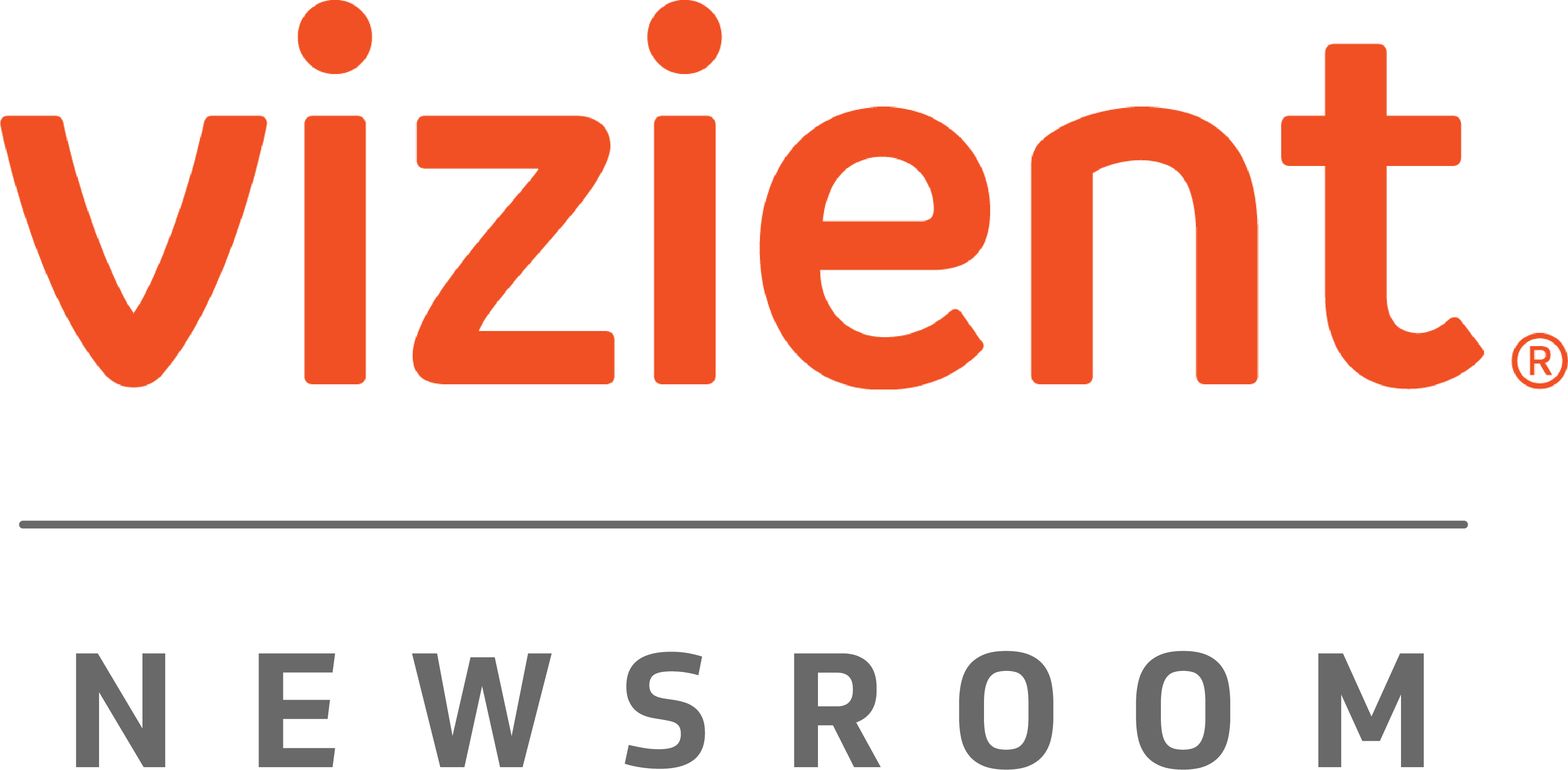IRVING, Texas (BUSINESS WIRE) – Data analysis from the Vizient, Inc. Clinical Data Base shows a rapid uptake in the use of artificial intelligence (AI) for detection of ischemic stroke. The data is highlighted in the latest edition of Vizient’s Medical Device Tech Watch. In addition, the publication offers insights on the shift of spine and orthopedics from hospital inpatient to ambulatory surgery centers as well as a perspective on improving surgical preference card management. The publication can be accessed here.
"This year has brought about many opportunities to partner strategically and collaborate across organizations to tackle obstacles in health care,” said Erik Axter, managing principal, physician preference, Vizient. “We are excited about the new technologies and solutions emerging to help solve these challenges and advance our industry, particularly in complex categories like cardiology and orthopedics.”
Featured articles include:
AI-enabled ischemic stroke detection, triage and notification—Quick intervention for an intracranial large-vessel occlusion (LVO), a common type of ischemic stroke, can improve patient outcomes. With the AI process, an interventionalist could conceivably receive the LVO image on their mobile phone, evaluate the scan and begin booking the procedure immediately. On October 1, 2020, the Centers for Medicare & Medicaid Services (CMS) implemented a reimbursement policy for AI-based LVO detection. By the first quarter of 2021, analysis of the Vizient Clinical Data Base showed, the number of Vizient members using the AI technology doubled.
The shift to ambulatory orthopedic and spine procedures moves suppliers to ramp up provider support—ASC procedural volume continues to accelerate, fueled by CMS policy changes, commercial payer steerage, patient preference and pressure to reduce costs. Data from Sg2, a Vizient company, predicts outpatient hip and knee replacements to increase by 75% over the next several years. Manufacturers are responding to the current and future growth by expanding their service line and technology offerings to support ASC performance.
How one health system improved supply availability and accuracy by optimizing their surgical preference card database—Inaccurate surgical preference cards were negatively affecting surgeon and staff satisfaction and slowing turnaround times in the OR of a large academic medical. To address this issue, they developed a sustainable process for managing the cards, increasing staff confidence in their accuracy and ensuring the OR is properly equipped prior to each procedure, improving efficiency as well as patient safety.
Vizient Medical Device Tech Watch is a quarterly publication. Previous issues may be accessed here.
About Vizient, Inc.
Vizient, Inc. provides solutions and services that improve the delivery of high-value care by aligning cost, quality and market performance for more than 50% of the nation’s acute care providers, which includes 95% of the nation’s academic medical centers, and more than 20% of ambulatory care providers. Vizient provides expertise, analytics and advisory services, as well as a contract portfolio that represents more than $100 billion in annual purchasing volume, to improve patient outcomes and lower costs. Vizient has earned a World’s Most Ethical Company designation from the Ethisphere Institute every year since its inception. Headquartered in Irving, Texas, Vizient has offices throughout the United States. Learn more at www.vizientinc.com.
View source version on businesswire.com: https://www.businesswire.com/news/home/20211115005172/en/
Media Contact
Donna Ledbetter
(972) 830-6321
donna.ledbetter@vizientinc.com
